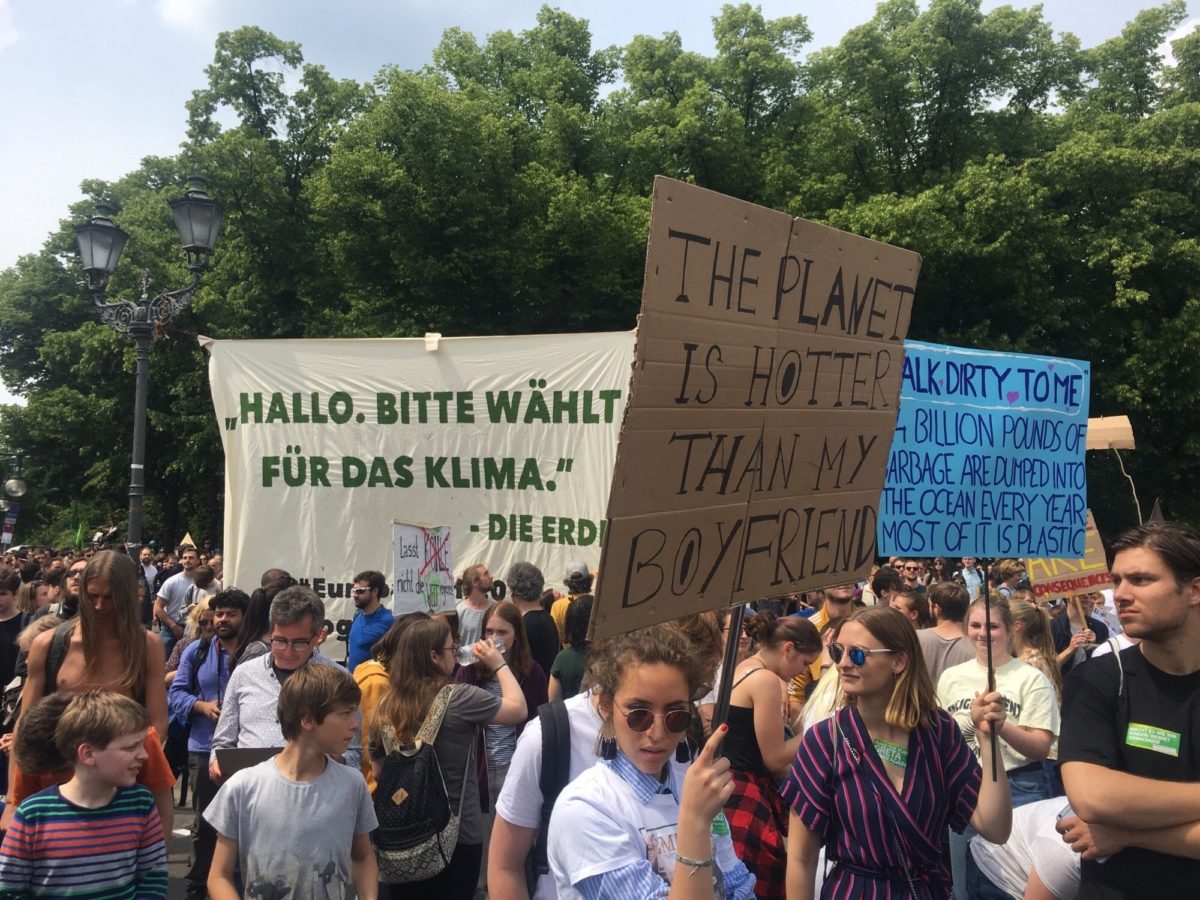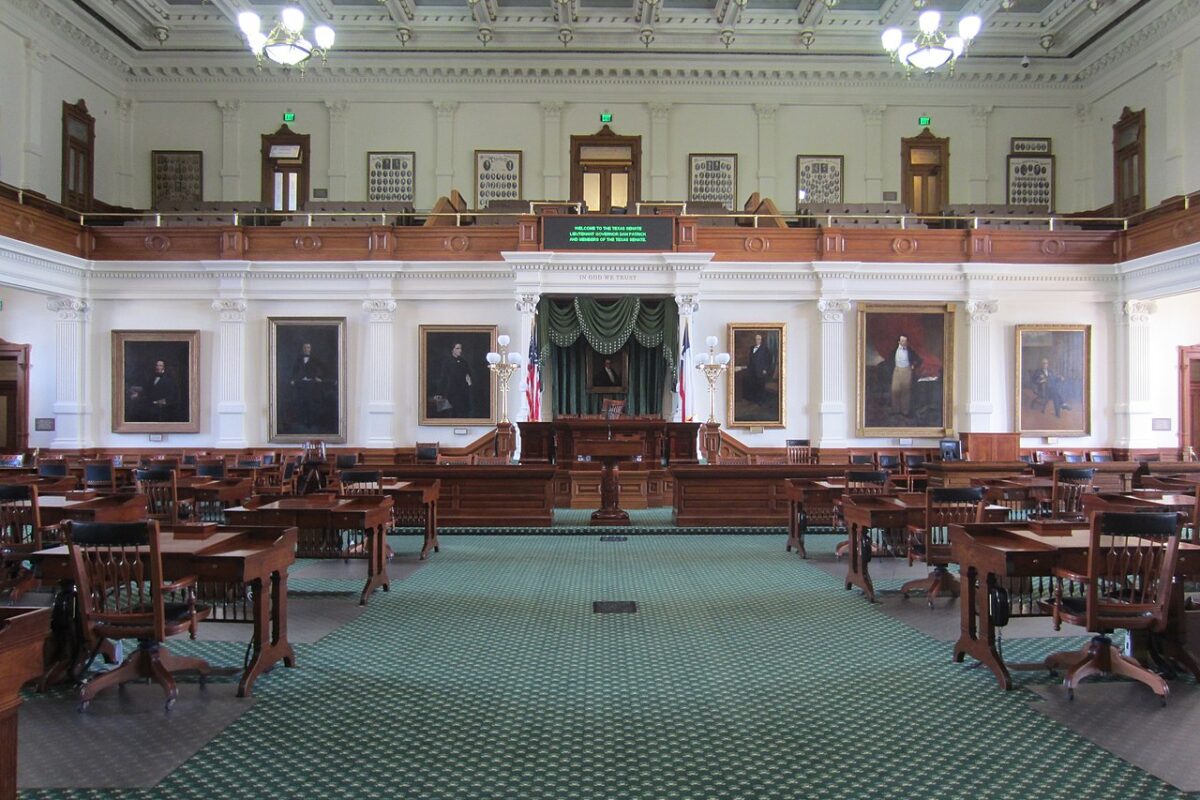In recognition of the importance of fighting for the clean energy transition, and the necessary policies needed to ensure its speedy and effective implementation, and joining the many businesses which will be shutting shop for the day, the global pv magazine team in Berlin will show its support for #FridaysforFuture by attending the climate strike. As such, all regular news reporting will be suspended until Monday.
Will you be participating? Wherever you are in the world, let us know if you're attending the strikes, or organizing a related event during the next seven days. Send your plans, pictures and impressions to up@pv-magazine.com and tell us why you're taking action.
We'll put together your responses in an article on the global site at the start of next week.
Stepping UP
Real sustainability is of key importance to us at pv magazine. In May we unveiled our new editorial agenda via the UP initiative at Intersolar Europe, with the aim of diving deep into the topic of what it means to be truly sustainable in the solar and storage industries, looking at what is already being done, and discussing areas for improvement.
The discussions will be featured across our various digital platforms, in the global and German print magazines, and via webinars and roundtables. As part of the launch, we published interviews with VW, and Michael Braungart from the Cradle to Cradle institute, and looked at the current sustainability initiatives available.
Going forward, each quarter, we will shine a spotlight on a pertinent sustainability topic. Our first quarterly theme, starting this October 2019, will focus on lead in solar. Over the next three months, the global print magazine will feature a different article on this topic. In Q1 2020, we will be looking at sustainability in the storage industry. We are also gearing up to send out a survey, gauging people’s views on sustainability in the industry and what specific topics they would like to see more coverage of. In addition to this, we will be reporting on other relevant topics, like integrating biodiversity concepts with solar parks, for example.
SMA is our current initiative partner for inverters. We will be holding a webinar with them on October 24, looking at how one can differentiate between true sustainability and greenwashing, and how being sustainable and cost effective don’t have to be mutually exclusive. We have also recently published a Q&A with them on what they’re doing in the area.
Finally, we have launched our first annual Sustainability Award. The window to submit entries is open until October 1, and the winner will be announced in December. Among others, Jenny Chase, Head of Solar at Bloomberg NEF will be judging the entries.
There are opportunities for other interested parties to partner UP! Let us know if you want to join the conversation. Contact up@pv-magazine.com!
This content is protected by copyright and may not be reused. If you want to cooperate with us and would like to reuse some of our content, please contact: editors@pv-magazine.com.




Good for you. Of course, you will still be working, covering a major event that looks as if it is having an effect already, see the timing of Amazon’s announcement of its plan to buy 100,000 electric delivery vans.
I’ll be joining the kids in Malaga next Friday. I’ll email a photo of my placard when it’s done.
So how did they travel to those climate strikes, was any of it on transport that used fossil fuel? When they all go back home and to work and school, will they all demand that the air conditioning, warmth/cooling be turned off so that they can save the planet? Some one should be asking them that. The kids all sit in their air conditioned class rooms using their computers. There was no such thing when i went to school, why don`t they go back to that, i walked to school too.
Thanks Bob. By all accounts there were something like 4 million protesters so I imagine there are a few different answers to your question. I can only speak for myself. I walked. From my experience of air conditioning in the workplace it is frequently impossible to have turned down or off no matter what individual workers would like. That suggests to me it should be the school facilities managers who should be pressurized, rather than pupils. There are also numerous safe walking, sustainable transport initiatives across the UK which attempt to discourage parents from driving children to school. Again, if commuters and schoolchildren make the effort to use public transport to keep down their personal carbon footprint, surely it is the public transport operators who should be criticized for using fossil fuel, rather than the users.
@ Max Hall — Well I think it should be the public, school children and adults alike that should say ‘We don`t want it’, but they/we wont.